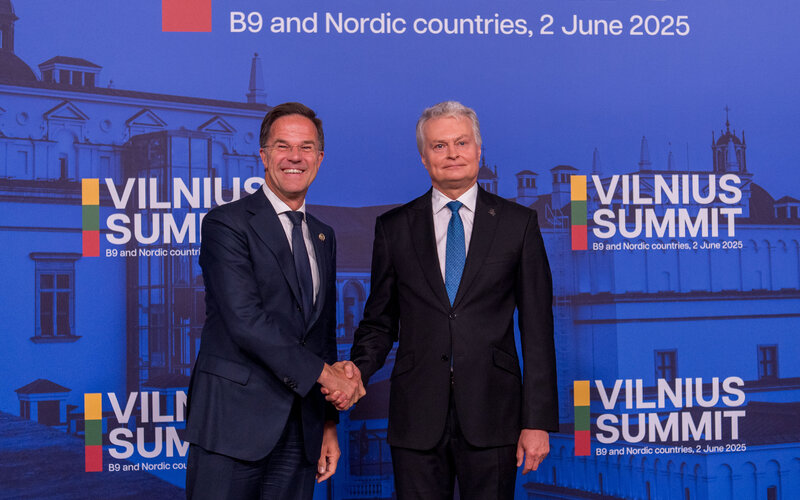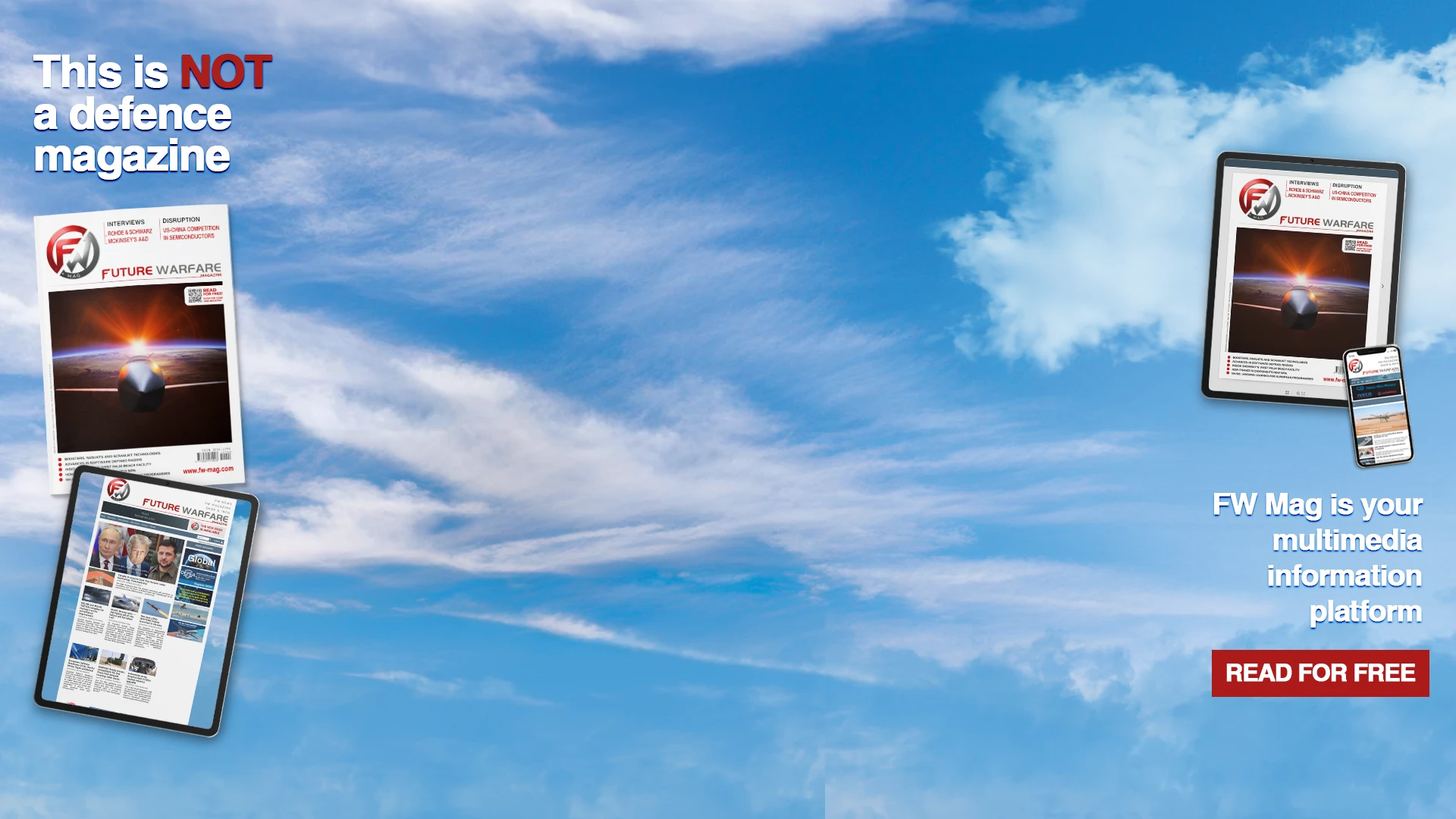
NATO's Nordic and Eastern European members said they are fully backing Ukraine's "irreversible path" to Euro-Atlantic integration, including future NATO membership, during a meeting on Monday in Vilnius. The gathering, focused on the need to strengthen defence and security, came ahead of the yearly NATO summit later this month in The Hague, where leaders are determined to demonstrate unity and strength.
In a joint statement released after talks between the so-called Bucharest Nine and Nordic-Baltic Eight, the presidents of Lithuania, Poland, and Romania declared: "We stand firm on Allied decision and commitment regarding Ukraine's irreversible path to full Euro-Atlantic integration, including NATO membership". They added that Ukraine has the sovereign right to choose its own security arrangements, free from external interference.
Ukrainian President Volodymyr Zelensky, who also joined the meeting in the Lithuanian capital, urged the Alliance not to exclude Ukraine from the upcoming summit in The Hague, warning that any such move would be seen as a sign of weakness. "Excluding Ukraine [...] would not be a victory over Ukraine but over NATO," he said.
Putin is asking that Western leaders stop enlarging NATO eastwards as a condition to end the war in Ukraine, along with calling for Ukraine to cede territory it still controls and to end Western military support. On the day of the meeting, renewed but fruitless peace talks between Kyiv and Moscow were hosted in Istanbul – where both parties agreed on a large prisoner exchange.
"The key to lasting peace is clear, the aggressor must not receive any reward for war. Putin must get nothing that would justify his aggression," Zelensky said in Vilnius, commenting on the talks. The Ukrainian leader also called on G7 countries to tighten sanctions against Moscow, arguing that loopholes and sanctions evasion have enabled Russia to continue attacks like the recent deadly drone strike on Sumy.
Defence spending and Eastern flank
Meanwhile, defence spending was also high on the agenda. "We need a wartime mindset," NATO Secretary General Mark Rutte said in Vilnius, urging allies to step up industrial output and spending in response to the changing threat landscape.
Last month, Rutte proposed a new target of 5% of GDP to boost military readiness, broken down into 3.5% for defence forces and 1.5% for critical infrastructure including cyber, logistics, and ammunition production.
Danish Prime Minister Mette Frederiksen welcomed the ambition but criticised the proposed 2032 timeline as dangerously slow. boosting defence spending by 2032 would come "too late," and might not be enough for European and Ukrainian security, she warned.
Currently, only 22 of NATO's 32 members meet the existing 2% threshold. None of them has t achieved the proposed 5% level yet. Poland is expected to push for a binding minimum of 3% during the upcoming summit.
Leaders in Vilnius also called for a more substantial NATO footprint on the Alliance's eastern flank. Diplomatic sources indicated that the group aims to push for joint language in The Hague that would accelerate arms deliveries to Ukraine, increase funding for defence production, and enshrine long-term commitments to Ukraine's military resilience.
Meanwhile, no concrete plans have been agreed on the UK and France’s proposal of creating a dedicated security assistance force for Ukraine.








